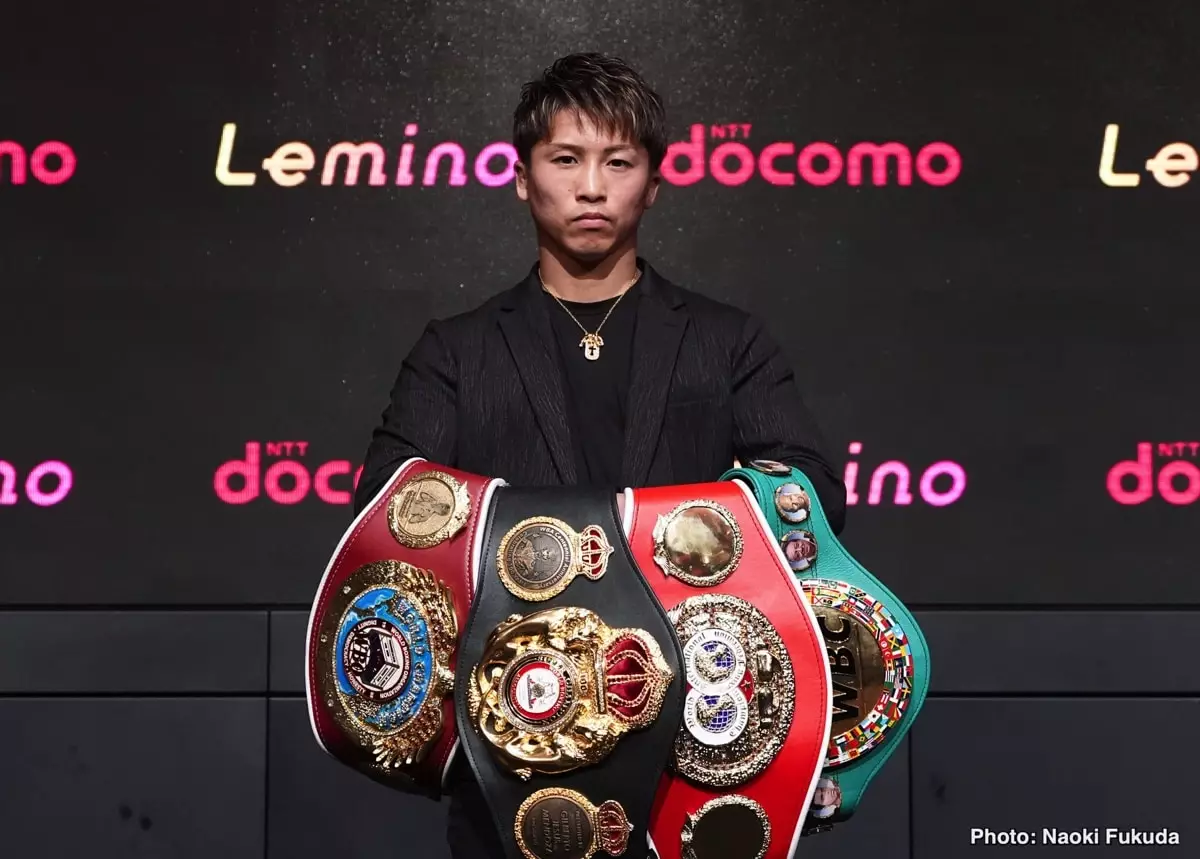The contrast between Naoya Inoue’s stardom in Japan and his lukewarm reception in the United States reveals a troubling gap in the boxing world. Inoue, known as “The Monster,” has captivated enormous crowds in Japan, selling out arenas that hold tens of thousands of loyal fans. However, as he prepares for his fight on May 4 at the T-Mobile Arena in Las Vegas, reports indicate that ticket sales are dismal, prompting a deeper analysis of why some boxers struggle to transcend their home markets. This situation begs the question: can one truly be a global superstar in boxing without finding the same level of acceptance and acclaim beyond their home turf?
Marketing Missteps and Fan Response
Prominent boxing figures, including promoter Rick Glaser, have vocalized concerns over this apparent disconnect, suggesting that the promotional strategies employed by Top Rank have faltered. Inoue’s situation is exacerbated by the perception that the American audience is not sufficiently engaged with his upcoming opponent, Ramon Cardenas. While Cardenas boasts an impressive record, such numbers may not resonate with fans drawn to the drama and narratives surrounding top-notch title fights. This leads to the unsettling possibility that the marketing of the match has failed to ignite interest.
The current financial landscape may also play a role. Today’s boxing fans are faced with blistering inflation and increasing costs of living, making pricey tickets a pill that is harder for many to swallow. Could it be that high ticket prices are keeping “The Monster” from garnering the same fervor in the U.S. as he does in Japan? Whatever the case, the tepid sales reflect a broader reluctance among fans to invest in what may be perceived as underwhelming matchups.
The Stakes for Inoue
For Inoue, the stakes extend beyond ticket sales; they touch his legacy as an elite athlete. With a flawless record of 29 wins and 26 knockouts, “The Monster” has yet to experience fighting in an arena that fails to erupt in applause. If his bout against Cardenas unfolds amidst a sparse crowd, it could have repercussions lasting far beyond this one night. It may discourage him from pursuing future bouts in the U.S. and solidify the notion that his presence is better suited to arenas in Japan, where he can truly harness the emotional connection with fans eager to see him perform.
His absence from the wider boxing stage would not only deny American fans the chance to witness one of the sport’s most formidable talents but might ultimately limit Inoue’s growth as a fighter who seeks challenges beyond his home shores. In boxing, where legacy is intertwined with success on a global scale, this could prove detrimental—not just for Inoue, but for the sport itself, which thrives on the excitement of cross-border rivalries and international stars.
Potential for Redemption
Yet, the silver lining in this scenario remains: there might still be an opportunity for redemption. A surge in ticket sales could materialize as the fight date approaches, revealing a paradox where anticipation builds just before the event. As fans weigh their options, the potential for unexpected turnouts should not be underestimated. Inoue’s compelling fighting style and established prowess may yet command the attention they deserve. The question remains: will he rise to the occasion in the U.S., or will he continue to face challenges that threaten to limit his undeniable potential on the boxing stage?

